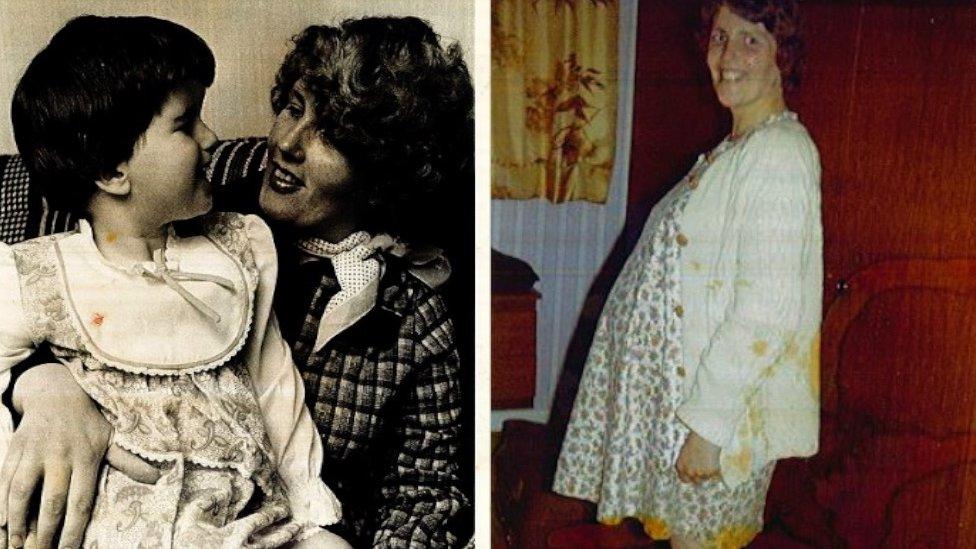Award acknowledges injustices - campaigner
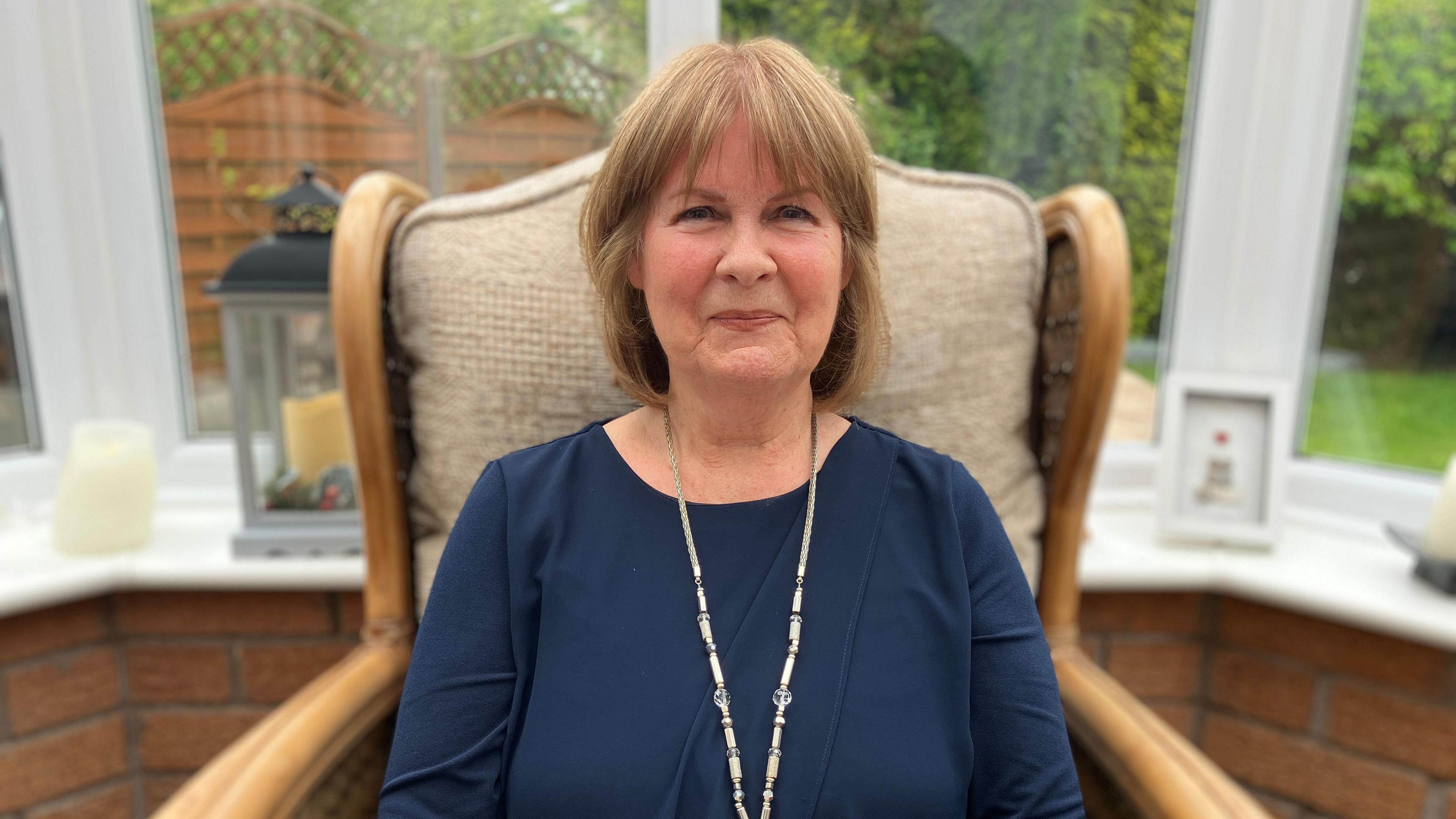
Marie Lyon was prescribed Primodos and believes her daughter's physical disabilities are linked to the drug
- Published
A mum who says she was affected by hormone pregnancy tests said her award in the King's Birthday Honours was an "acknowledgement" of an injustice by many.
Marie Lyon, chairwoman of the Association for Children Damaged by Hormone Pregnancy Tests (ACDHPT), has been campaigning for decades for justice for people affected by hormone pregnancy tests, including Primodos.
The 77-year-old, from Wigan, has been awarded the British Empire Medal (BEM) for advocating for scientific research and improving patient safety for women.
She said the award was "a huge milestone" and proved affected mothers "did nothing wrong".
Primodos manufacturer, Schering, now part of Bayer, has always denied a link and last year a Court judge ruled there was no new evidence linking the tests with foetal harm.
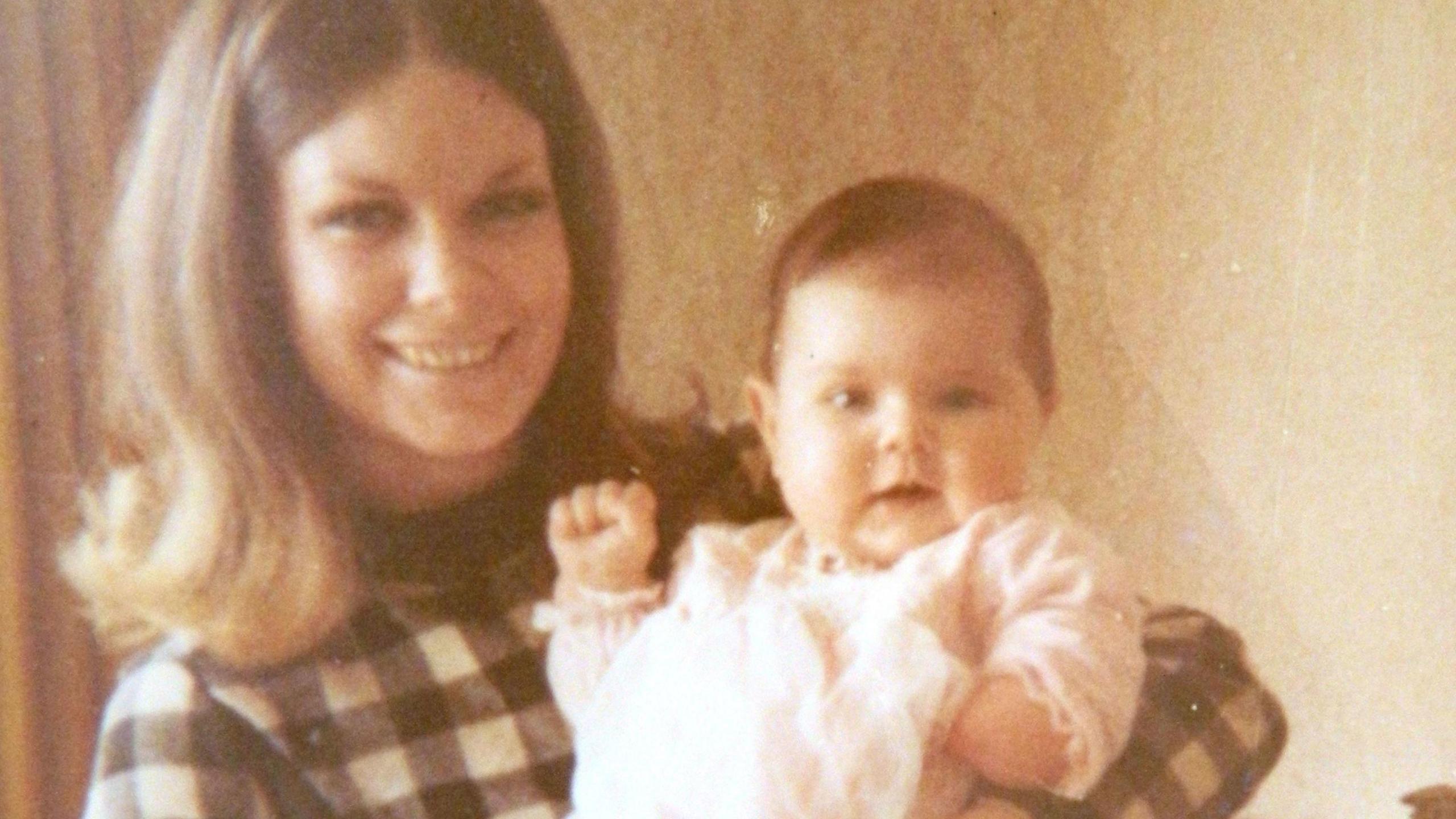
Marie Lyon with her daughter Sarah
The pregnancy tests were given to more than a million women from 1958 to 1978, but Ms Lyon said many were never told of the risks and were instructed to take the drug, which is 40 times the strength of an oral contraceptive pill, by their GPs as a way of finding out whether or not they were pregnant.
Hormone pregnancy tests were withdrawn from the market in the late 1970s and manufacturers have faced claims that such tests led to a number of adverse outcomes, including birth defects and miscarriages.
'Shocked'
Ms Lyon herself took a hormone pregnancy test in 1970. Her daughter Sarah was born with a severe limb deformity where half of her arm was missing just below the elbow.
She joined the ACDHPT in 1978 and has been chairwoman since 2012.
Ms Lyon said she was "shocked" but delighted to be conferred the BEM.
"I think that's why I couldn't believe it because I have spent so many years from 1978 to now, being told there's no link," she said.
"People have said how can I be denied for so many years and all of a sudden there's an honour actually explicitly stating 'children damaged by', so I am mystified and I just hope no one has lost their job for allowing this to go through."
'I felt guilt'
Ms Lyon said she took the tablets her GP gave her as Sarah was her first child and "did not think anything about it".
But when Sarah was eight, she received a phone call asking if she would join the ACDHPT.
"That is when I found out the tablets contained 40 times the strength of an oral contraceptive," she said.
"I felt guilt straight away, and thought: 'Why the heck didn't I ask?' and 'if only had gone to a different doctor'."
Campaigning efforts led to a report by the Commission on Human Medicines' Expert Working Group in 2017, but the report was dubbed a "whitewash" after it concluded that the available scientific evidence at the time did not support "causal association" between the tests and birth defects.
But a subsequent 2018 review, led by experts at the University of Oxford, concluded that the "use of oral hormone pregnancy tests in pregnancy is associated with increased risks of congenital malformations".
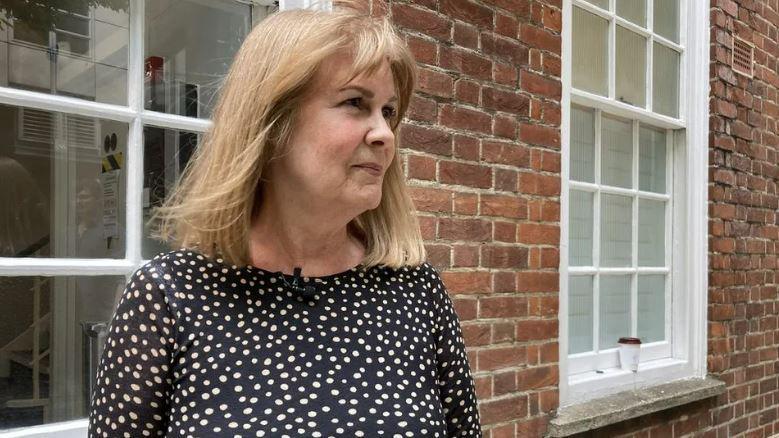
Marie Lyon said she will continue to fight for other families
In 2020, the First Do No Harm review, external of Primodos, pelvic mesh implants and the anti-epilepsy drug sodium valproate, found avoidable harm had been caused by failures in the healthcare and regulatory system affecting tens of thousands of lives.
Despite this, families affected by hormone pregnancy tests were omitted from a review by the Patient Safety Commissioner about redress for victims of health scandals, which was published earlier this year, external.
Dr Henrietta Hughes wanted to include patients who had suffered "avoidable harm" as a result of hormone pregnancy tests in her review but was told by the Department of Health and Social Care (DHSC) they would not be included.
At the time, the DHSC said that while sympathetic to families, the government's position remained that the "available evidence does not support a causal association between the use of hormone pregnancy tests and adverse outcomes in pregnancy".
'So much support'
The ACDHPT, which represents around 400 families, is continuing its fight for justice.
"Many, many times, the blows have come thick and fast, and I know so many people say: 'give it up, there's no point, just let it go'," Ms Lyon said.
"Well, how can I? It's not just the safety of our families, it's the safety of women in the future."
On getting the award, she added: "I've had so much support from members, MPs, scientists, academics and this is also for them."
Listen to the best of BBC Radio Manchester on Sounds and follow BBC Manchester on Facebook, external, X, external, and Instagram, external. You can also send story ideas to northwest.newsonline@bbc.co.uk, external
- Published7 February 2024
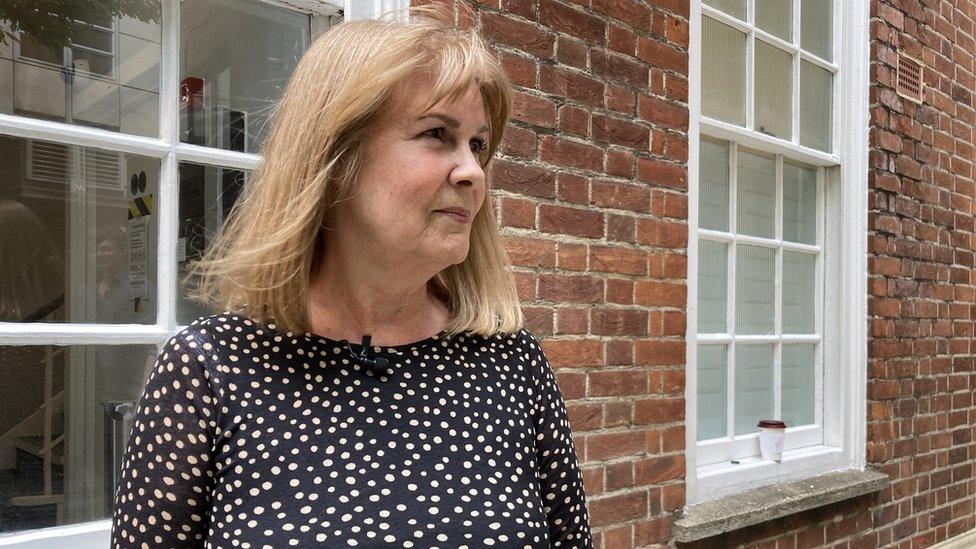
- Published26 May 2023
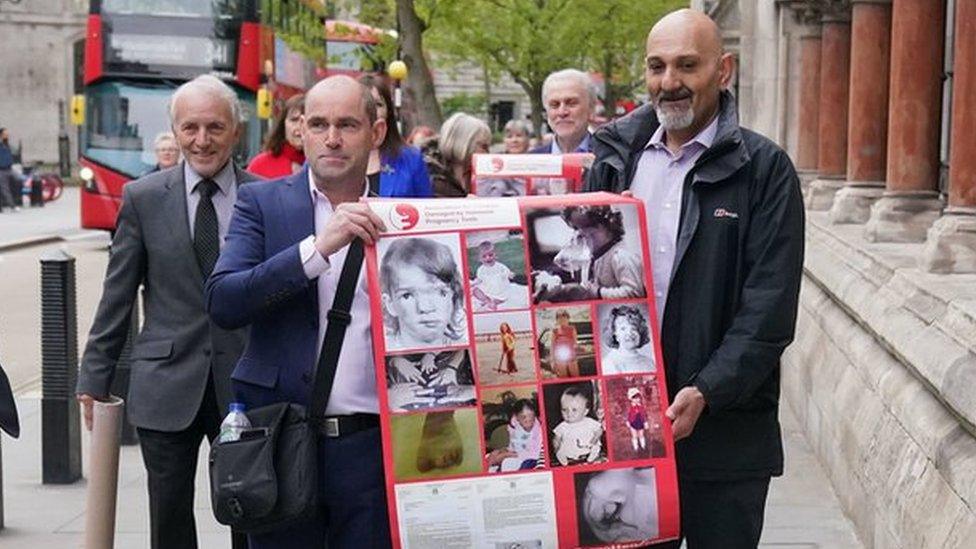
- Published29 November 2018
